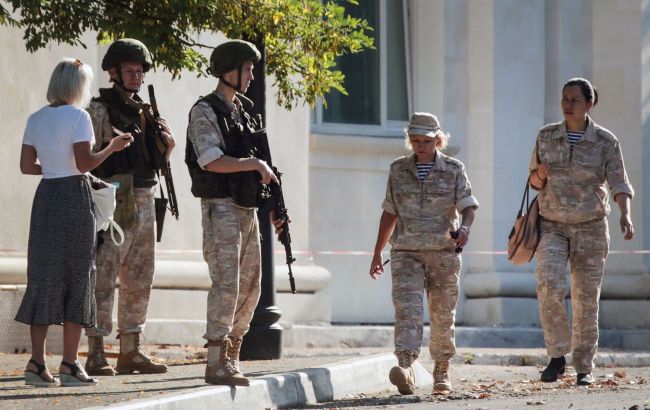Shelling of Kerch ferries: British intelligence report
 Photo: Illustrated image (Getty Images)
Photo: Illustrated image (Getty Images)
The recent strike on two Russian railway ferries in Crimea likely caused significant disruptions to enemy logistical operations, reports the British Ministry of Defense.
Preceding events
On May 29th, Defense Forces launched missile strikes on the Crimean Peninsula, resulting in damage to two Russian railway ferries. These ferries were presumably the main means of rail transportation for Russian convoys carrying fuel and ammunition to Crimea.
It is noted that Russia also operates roll-on/roll-off (RO-RO) ferries to support the movement of heavy cargo across the strait.
Impact of the strikes
"The degraded rail crossing capacity almost certainly caused significant temporary disruption to Russian military logistics operations and, potentially, Crimea's fuel supply," writes British intelligence.
Additionally, the damage to the ferries will likely require Russia to swiftly replace the rail-ferry crossing, which may affect its broader maritime logistical operations.
"The Ukrainian strike on the ferry crossings and a subsequent attack on a nearby fuel depot, highlights again the vulnerability of the Strait to Ukrainian interdiction, despite Russia's significant investment in security and air defense", adds the intelligence.
Recently, RBC-Ukraine reported that one ferry ran aground as a result of the ferry strikes, while the other blocked the operation of the entire Kerch crossing. As noted by the General Staff of the Armed Forces of Ukraine, successful operations led to a significant disruption in the terrorists' military logistics.

